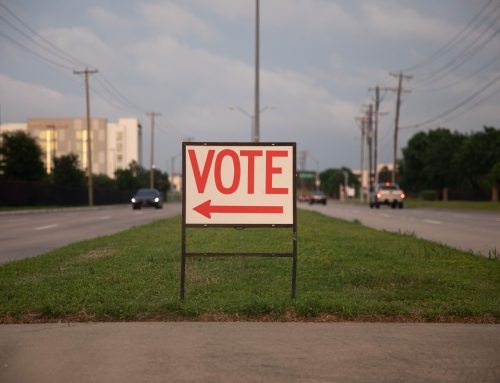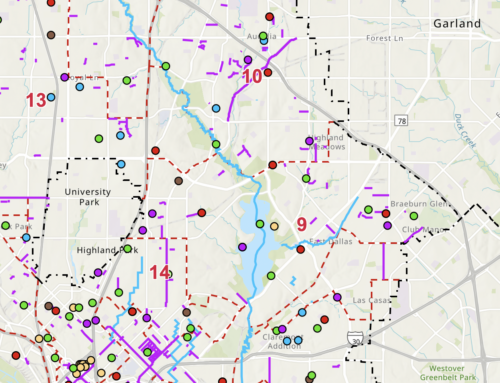Follow the news around town, whether it’s the DISD financial debacle, DART’s missing $1 billion, or any of the other items making headlines, and each has a common theme. We’re told that the problem is serious, and that something must be done, and that the people at the top are accountable. Yet the people at the top remain in charge, and nothing much changes.
This struck me during last month’s DISD struggles. The district found itself tens of millions of dollars over budget, and superintendent Mike Hinojosa immediately accepted responsibility. But nothing else happened. He wasn’t fired, let alone reprimanded. The school board, in fact, seemed terrified to do anything in that regard.
Which led me to wonder: How often have we seen that exact same thing happen elsewhere? The DART bosses discover they’re short more money than most of us can imagine, and the DART board makes them promise never to do it again — as if that’s going to solve the problem. Mayor Park Cities talks about all the things we must do: Build the Trinity tollway, own and build the convention center hotel, rename Industrial Boulevard. But when these things suddenly seem much harder to do, Leppert is nowhere to be found. And what’s going to happen this winter, when the recession that has been on the horizon has finally arrived, and the city budget is in tatters? Will anyone be responsible then?
This trend, of course, is not unique to Dallas. It’s happening across the country, part of the political straitjacket immobilizing the system. Take the federal government’s $700 billion bank bailout, where no one in charge seemed to be sure about what was happening. We are in a crisis! Something must be done! And then everyone scurried to do it, without anyone accepting responsibility or offering anything more than vague promises that something more would be done to prevent it from happening again.
In this, our elected officials have let us down. A friend of mine identified the reason without hesitation: If someone takes responsibility, then they can be blamed. And avoiding blame seems to have replaced solving problems as the country’s political mantra. Do they want to solve the budget problems at DART or the DISD? Nope. They just don’t want to be blamed for causing them. Do they want to figure out a way to solve the Industrial/Ross/Chavez mess? Nope. They just don’t want to be blamed for causing it.
Is it any wonder that we’re so disgusted with the political process? What’s the point of caring when the people we elect to care act like first-graders during recess, running around the playground with their arms waving before collapsing in a heap when the bell rings for class?
Yes, but the cynics will say, politics has always been like this — a dirty, disillusioning business. Which is true, but only up to a point. The difference between today and two or three decades ago is that voters saw politics then as a dirty business that needed to be cleaned up. Today, we see politics as a dirty business to be avoided. And so we avoid it. We don’t vote, we don’t pay attention, we don’t know who represents us on the city council, let alone in the Texas house or the U.S. congress.
Which, in the way this vicious circle works, makes it easier for the people we elected to evade responsibility for their actions. But it doesn’t have to be that way, as the late Molly Ivins once noted: “The thing about democracy, beloveds, is that it is not neat, orderly or quiet. It requires a certain relish for confusion.”
Once we understand that — once we appreciate that, and even enjoy it — then it will be that much more difficult for our elected officials to duck and cover. And then we can do something about ending the culture of non-responsibility.




